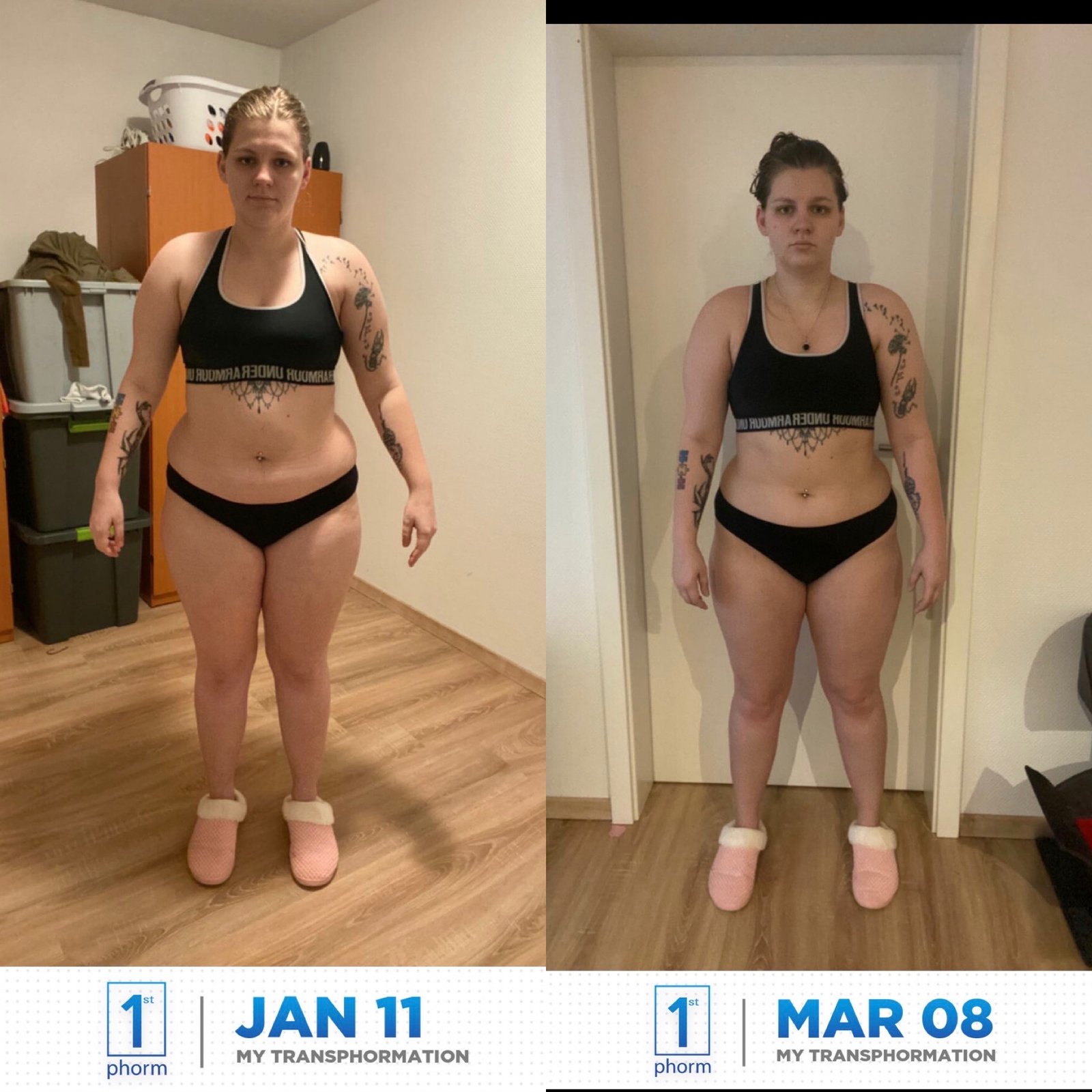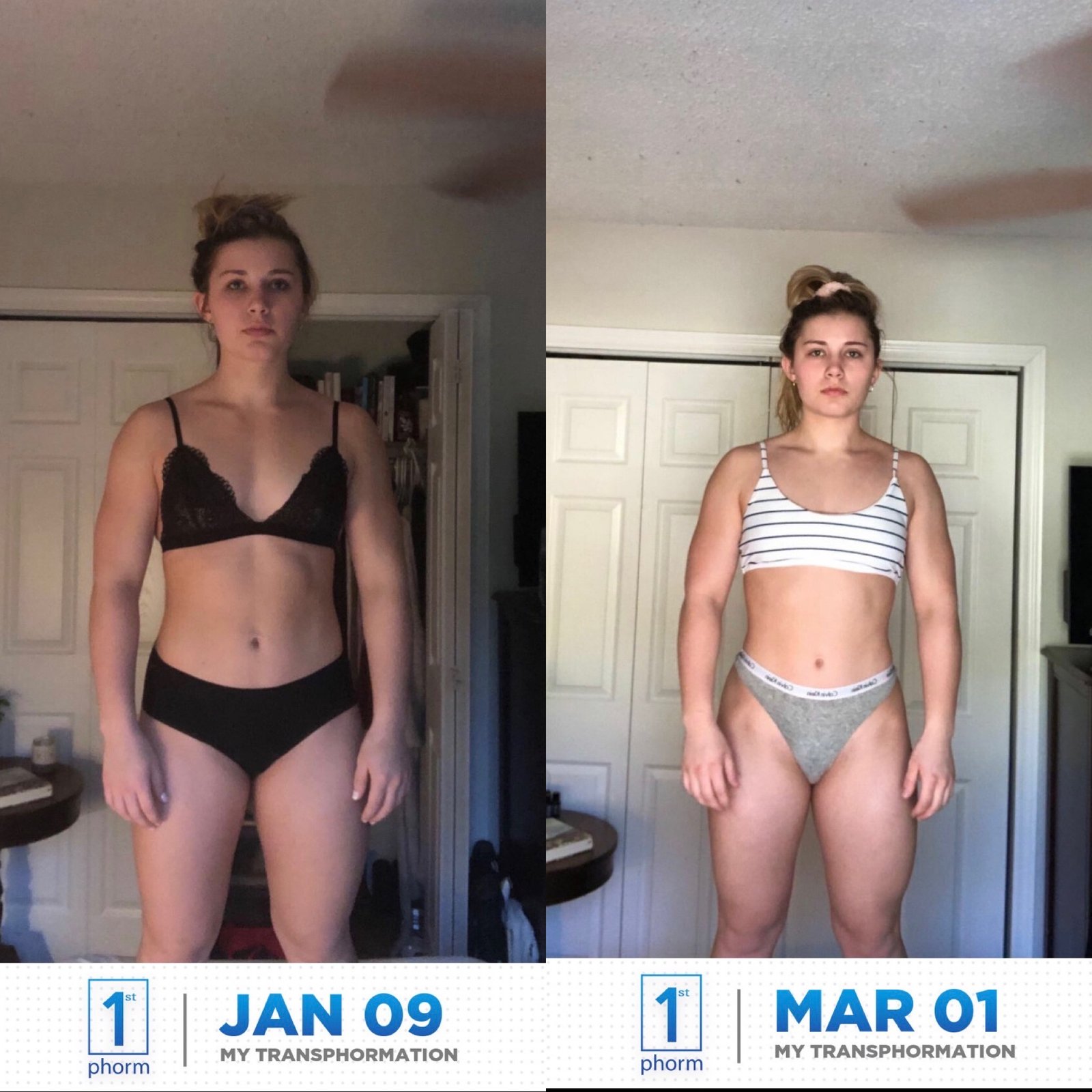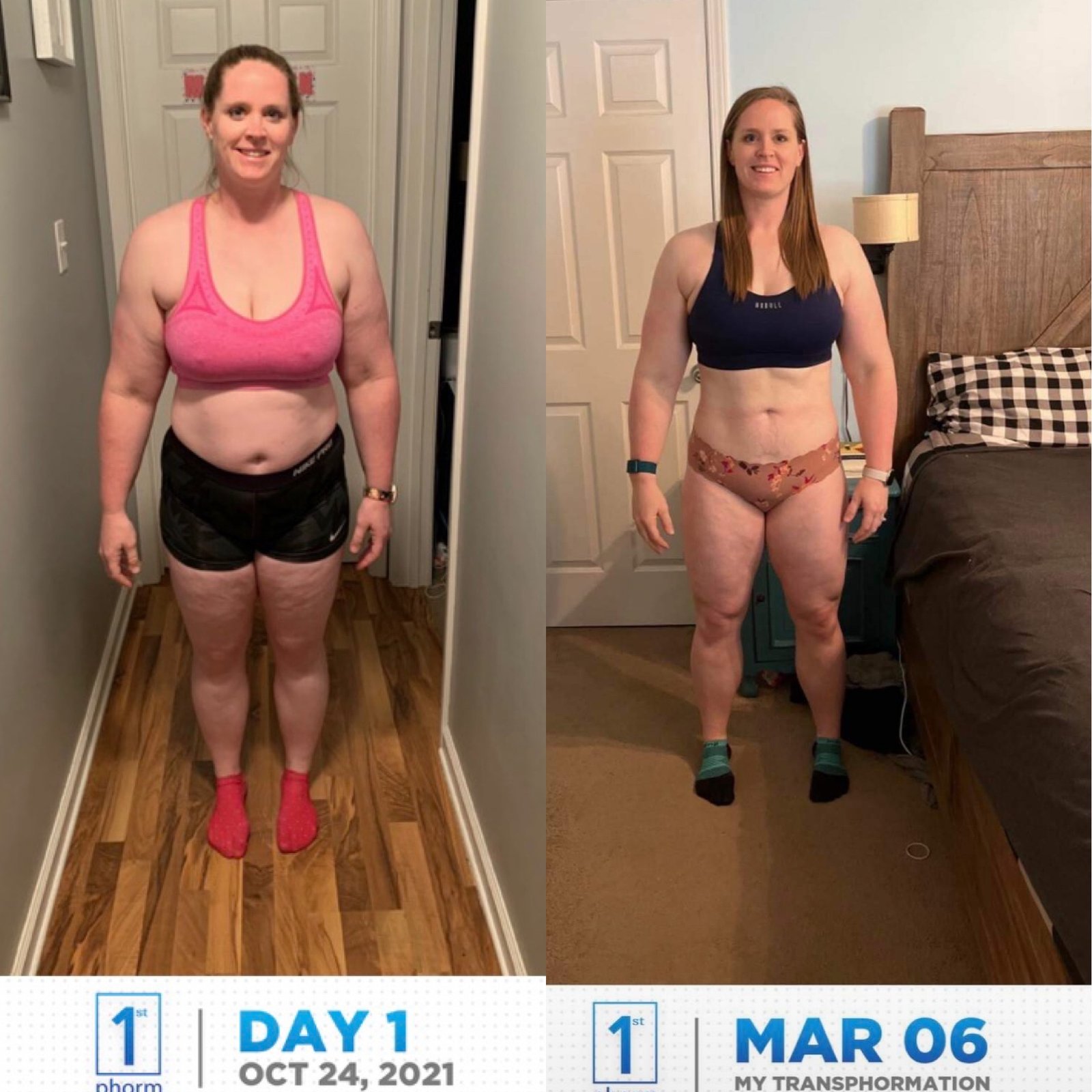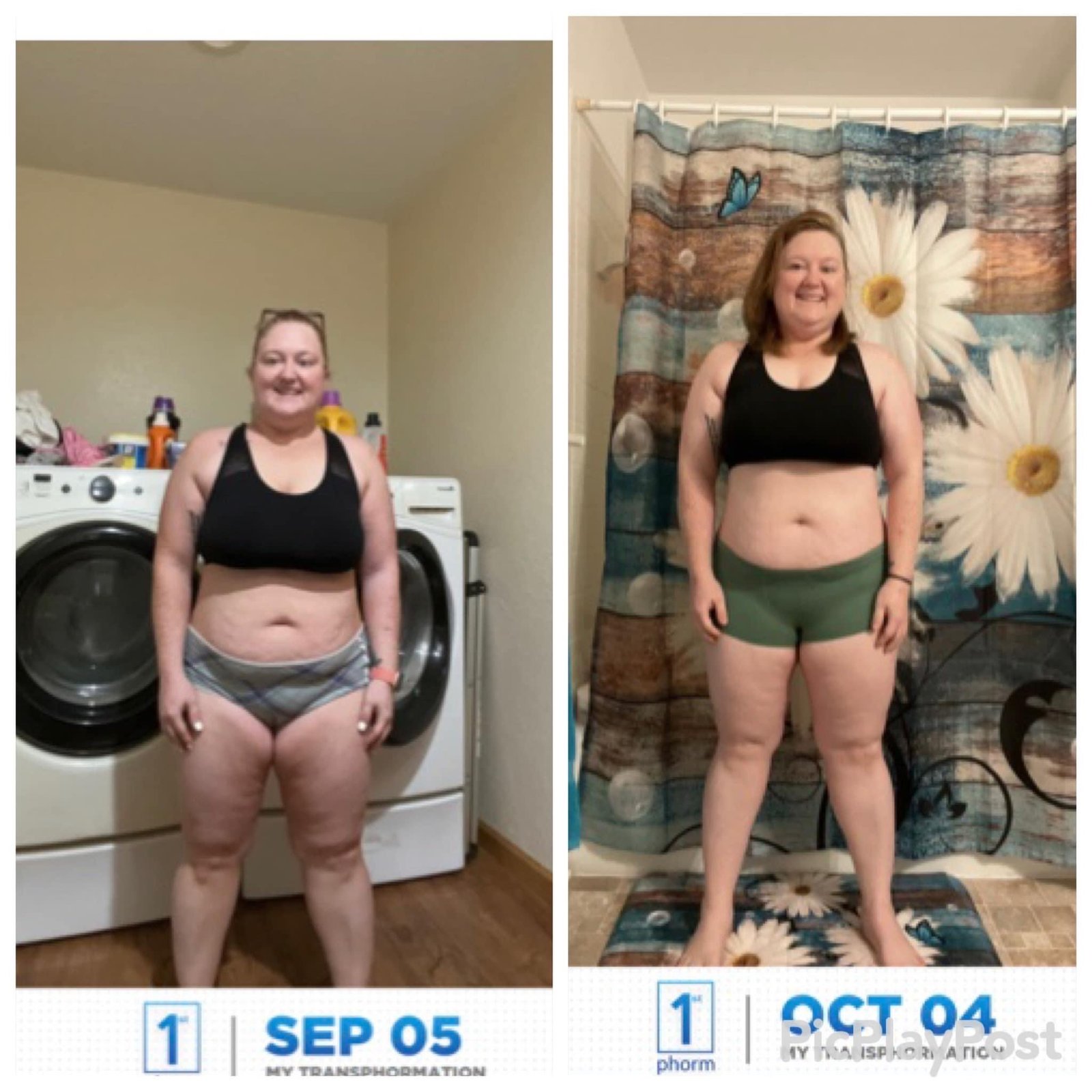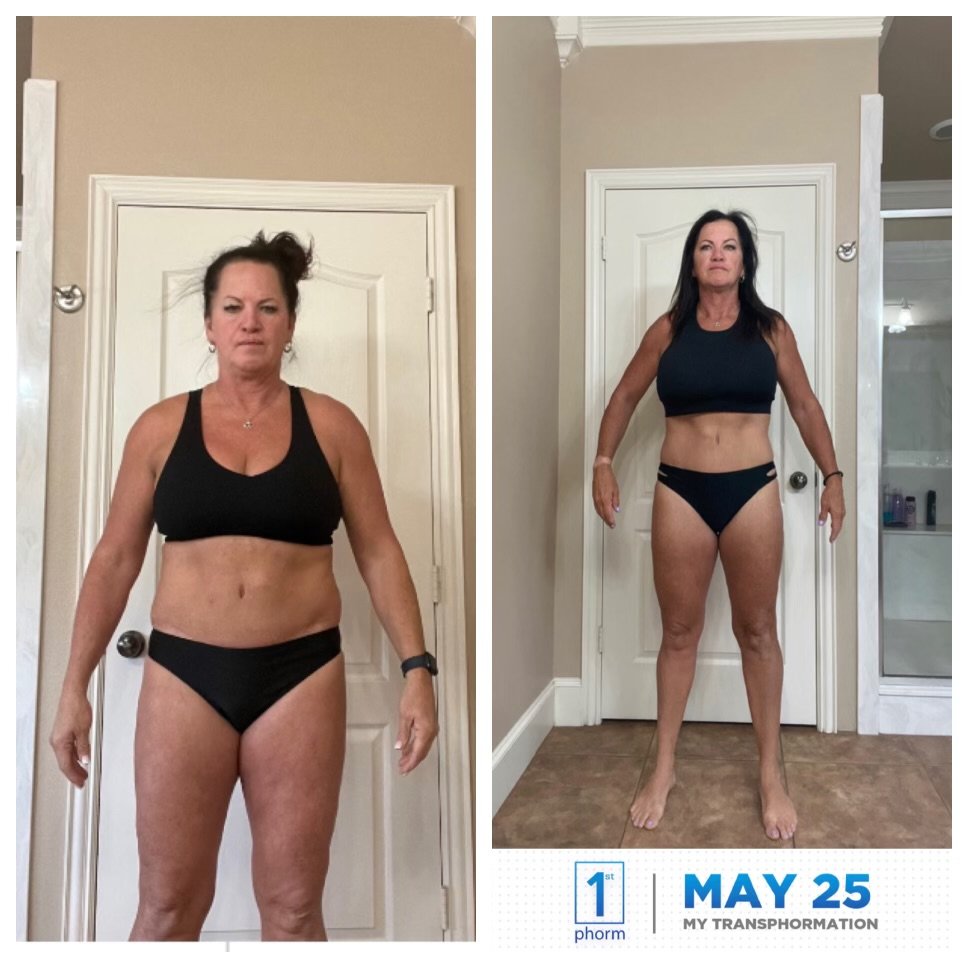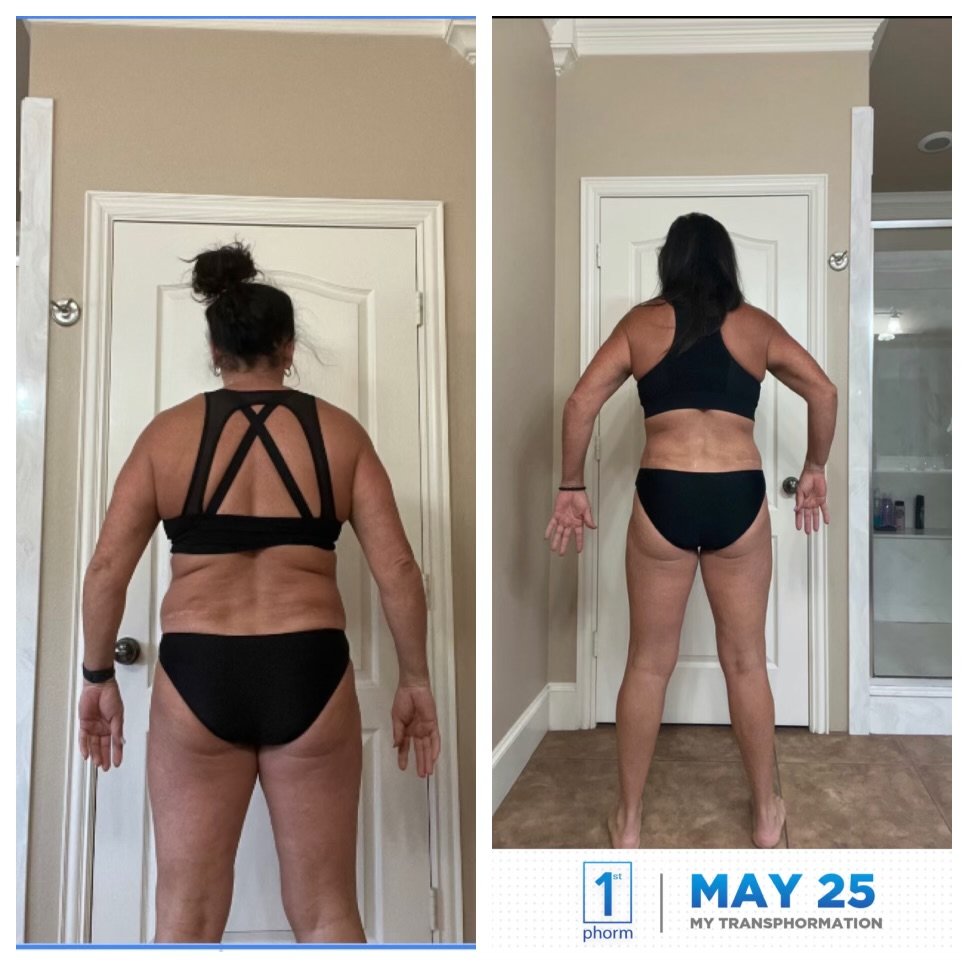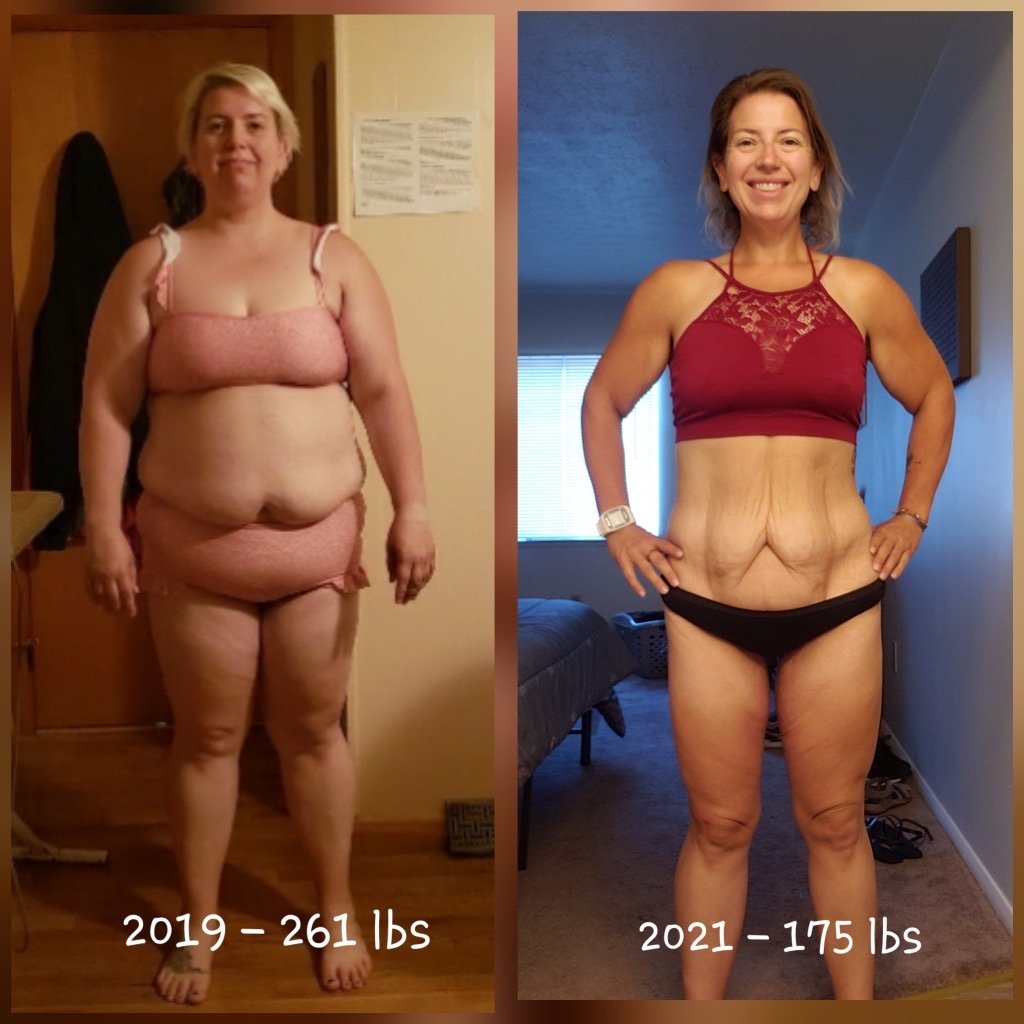Welcome to our article on nutrition myths. It’s easy to get caught up in the latest fads and trends, but when it comes to nutrition, misinformation can be harmful. In this section, we’ll explore some of the most common nutrition myths and provide you with evidence-based information to help you make informed decisions about your diet.
Have you ever heard that eggs are bad for you because they raise your cholesterol? Or that all fats are bad for you and should be avoided? These are just a couple of the many nutrition myths out there. Debunking these myths is crucial for establishing a solid foundation of knowledge when it comes to making informed dietary choices.
Key Takeaways:
- There are many common nutrition myths that can be misleading.
- It’s important to base your dietary choices on evidence-based information.
- By debunking these myths, you can make more informed decisions about your diet.
- Always consult a healthcare professional or registered dietitian for personalized advice tailored to your specific needs.
The Low-Fat Myth: Understanding the Role of Healthy Fats
Are you still avoiding dietary fat, thinking it’s the key to losing weight and improving your health? Think again. The truth is, not all fats are bad for you, and cutting out all fats can actually be detrimental to your health in the long run.
Healthy fats play a crucial role in maintaining cognitive function, supporting hormone production, and aiding in nutrient absorption. They provide our body with fuel and help keep our cells healthy.
So, what are the healthy fats you should be including in your diet? Some great sources of healthy fats include:
| Fatty Fish | Nuts and Seeds | Olive Oil |
|---|---|---|
| Salmon | Almonds | Avocado Oil |
| Mackerel | Chia Seeds | Coconut Oil |
| Sardines | Flaxseeds | Peanut Oil |
On the other hand, it’s important to limit your consumption of saturated and trans fats, as these types of fat have been linked to an increased risk of heart disease. You can find saturated and trans fats in foods like fried foods, baked goods, and fatty meats.
So, next time you’re tempted to reach for a fat-free or low-fat option, remember that these options often contain added sugar and other additives to make up for the lack of fat. Instead, opt for healthy fats in moderation to support your overall health and well-being.
“Don’t be afraid to incorporate healthy fats into your diet. They’re an essential part of a balanced diet and can promote overall health.” – Registered Dietitian Jane Smith
The Carbohydrate Conundrum: Separating Fact from Fiction
Carbohydrates have often been misunderstood when it comes to weight management and overall health. There are a lot of myths surrounding carbohydrates, such as the belief that all carbs are bad or that a low-carb diet is necessary for weight loss. Let’s debunk these misconceptions and understand the importance of including complex carbs in your diet.
What are carbohydrates?
Carbohydrates are macronutrients that are essential for our bodies as they provide energy for daily activities. Carbs can be further classified into simple and complex carbs based on their structure:
| Simple Carbs | Complex Carbs |
|---|---|
| Monosaccharides (e.g glucose, fructose) | Polysaccharides (e.g whole grains, legumes) |
| Disaccharides (e.g sucrose, lactose) |
Simple carbs are broken down quickly by our bodies and provide a quick source of energy that doesn’t last long. Complex carbs, on the other hand, take longer to break down and provide a more sustained source of energy. This means that they keep you feeling full for longer and can help stabilize your blood sugar levels.
Low-carb vs. high-carb diets
There has been a lot of debate about whether a low-carb or high-carb diet is better for weight loss and overall health. The truth is, there is no one-size-fits-all answer to this question. It all depends on individual needs and preferences.
A low-carb diet can be helpful in reducing insulin resistance and promoting weight loss, but it’s important to remember that not all carbs are created equal. Cutting out all carbs can lead to nutrient deficiencies and lead to a lack of energy. Instead, try to limit your intake of simple carbs, and focus on incorporating more complex carbs such as whole grains, fruits, and vegetables into your diet.
Similarly, a high-carb diet can provide a lot of benefits like increased energy and better athletic performance, but it’s important to choose complex carbs instead of simple carbs to avoid blood sugar crashes and insulin spikes.
The importance of complex carbs
Complex carbs are an important part of a healthy diet as they provide essential nutrients like fiber, vitamins, and minerals. They also keep you feeling full for longer and help regulate blood sugar levels. Incorporating complex carbs into your diet is easy, just focus on whole grains, legumes, fruits, and vegetables.
It’s important to note that not all carbs are bad for you, and cutting them out completely can lead to nutrient deficiencies and other health issues. The key is to choose complex carbs over simple carbs and make sure that you’re getting a variety of nutrients from your diet.
“Carbohydrates are an important macronutrient that provides energy, fiber, and essential nutrients. Cutting them out completely can lead to nutrient deficiencies and health issues. Instead, choose complex carbs over simple ones.”
Protein Power: Unraveling the Truth about Protein Consumption
Protein is essential to build, maintain, and repair the body’s tissues and organs. However, there are several myths and misconceptions surrounding protein intake that can lead to confusion about how much protein we need and where we should get it from.
One common myth is that a high-protein diet is essential for muscle building. While protein is necessary for muscle growth, consuming excessive amounts does not necessarily lead to more muscle mass. In fact, research suggests that the body can only utilize a certain amount of protein at a time, and excess protein is simply excreted from the body.
“While protein is necessary for muscle growth, consuming excessive amounts does not necessarily lead to more muscle mass.”
Another myth is that plant-based proteins are inferior to animal-based proteins. While animal-based proteins are complete proteins, meaning they contain all nine essential amino acids, plant-based proteins can also be a reliable source of amino acids when consumed in combination with a variety of plant-based foods.
The recommended dietary allowance (RDA) for protein is 0.8 grams per kilogram of body weight per day for adults. However, this may vary depending on factors such as age, activity level, and goals. For example, athletes or individuals engaging in high-intensity exercise may require more protein to support muscle repair and growth.
It’s important to note that protein should not be the only focus of a healthy diet. A balanced diet that includes a variety of fruits, vegetables, whole grains, and healthy fats is crucial for overall health and wellbeing.
Incorporating plant-based proteins such as legumes, nuts, and seeds into your diet can provide numerous health benefits, including reducing the risk of chronic diseases such as heart disease and diabetes. Additionally, choosing lean protein sources such as chicken, fish, and tofu can help reduce saturated fat intake.
It is important to consult a healthcare professional or registered dietitian for personalized advice tailored to your specific needs.
Vitamin and Mineral Misconceptions: Understanding Nutrient Requirements
There are many myths and misconceptions surrounding vitamins and minerals. Some people believe that taking supplements is necessary for optimal health or that getting too much of a particular nutrient is harmless. In this section, we’ll explore the truth behind nutrient requirements, the potential risks of excessive supplementation, and the importance of a balanced diet in meeting your nutritional needs.
The Importance of Vitamins and Minerals
Vitamins and minerals are essential nutrients that our bodies need to function properly. They help to support a healthy immune system, promote cell growth and repair, and maintain strong bones and teeth.
While it’s possible to get all the vitamins and minerals your body needs from a well-balanced diet, certain factors such as age, health status, and pregnancy can increase your nutrient requirements. In such cases, supplements may be recommended by a healthcare professional to ensure that you’re getting the right amount of each nutrient.
The Risks of Excessive Supplementation
While vitamins and minerals are important for good health, taking too much of certain nutrients can be harmful. Excessive intake of fat-soluble vitamins, such as vitamins A and D, can lead to toxicity symptoms, including nausea, headaches, and even organ damage.
Furthermore, some nutrients can interact with medications, so it’s essential to speak with a healthcare professional before taking any supplements, particularly if you are taking any prescriptions or have any underlying health conditions.
The Importance of a Balanced Diet
While supplements can be helpful in meeting your nutrient requirements, they should never replace a well-balanced diet. Whole foods provide a variety of compounds that work together to provide optimal health benefits, including fiber, antioxidants, and phytochemicals.
It’s also worth noting that not getting enough of certain vitamins and minerals can result in deficiencies, which can lead to a range of health problems. For example, inadequate intake of vitamin C can lead to scurvy, while a lack of vitamin D can cause rickets.
Conclusion
While supplements can be helpful in certain situations, they should never replace a healthy diet. By eating a variety of nutrient-rich foods, you can ensure that you’re getting all the vitamins and minerals your body needs. Always consult with a healthcare professional or registered dietitian before taking any supplements to ensure they are suitable for you.
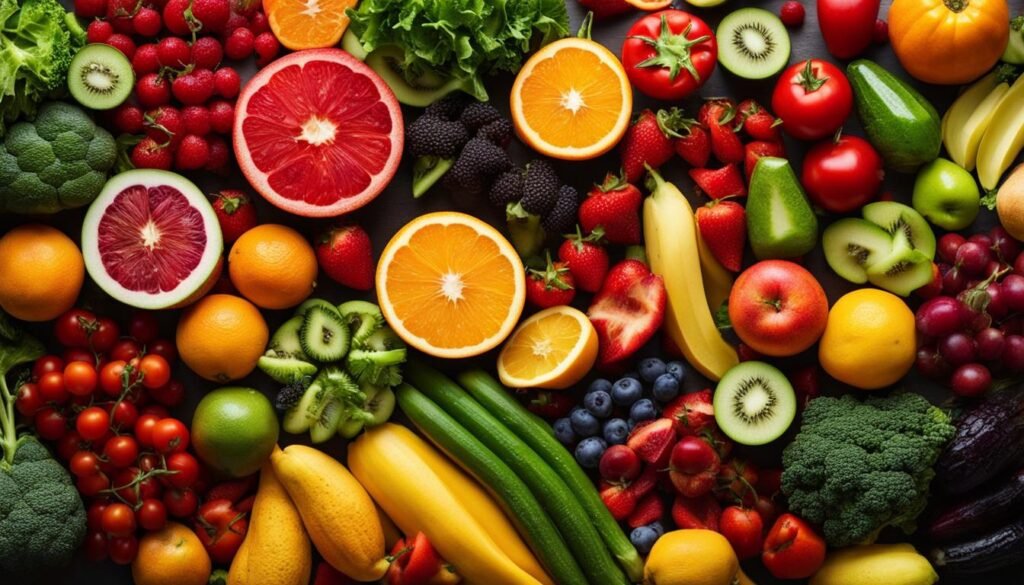
Debunking Detox Diets: Understanding the Body’s Natural Detoxification Process
Detox diets and cleanses have become popular in recent years, promising to eliminate toxins from our bodies and improve overall health. However, the truth is that our bodies have a natural detoxification process that functions all on its own.
The liver is one of the primary organs responsible for removing toxins from the body. It breaks down harmful substances and excretes them as waste. The kidneys, lungs, and skin also play important roles in the detoxification process.
While it may be tempting to follow a detox diet or cleanse in an attempt to speed up the process, there is little evidence to support the effectiveness of these methods. In fact, some extreme detox diets can even be harmful to your health.
When it comes to detoxification, the key is to support your body’s natural processes rather than attempting to force or accelerate them. Eating a balanced diet rich in fruits, vegetables, and whole grains can provide the necessary nutrients to help your organs function optimally.
In addition, staying hydrated and getting enough sleep is crucial for proper detoxification. Drinking plenty of water supports kidney function, while adequate sleep allows your body to repair and regenerate cells.
So instead of relying on fad detox diets and cleanses, focus on nourishing your body with healthy foods and lifestyle habits that support its natural detoxification process.
“Detox diets are unnecessary and potentially harmful, as the body has a natural detoxification process that can be supported through healthy diet and lifestyle habits.”
The Myth of Superfoods: Separating Hype from Reality
Superfoods, often touted as nutrient-rich powerhouses, have proliferated in the public consciousness in recent years. But what exactly are superfoods, and are they all they’re cracked up to be?
The truth is, there is no scientific definition for the term “superfood.” While some foods are undoubtedly more nutrient-dense and healthful than others, there is no one-size-fits-all solution when it comes to a balanced diet. Instead of focusing on specific superfoods, it’s essential to consider the overall quality and variety of your diet.
Antioxidants are often associated with superfoods due to their potential health benefits. However, it’s worth noting that antioxidants are found in a variety of foods and are not exclusive to so-called superfoods.
That’s not to say that certain foods don’t deserve recognition for their exceptional nutritional value. For example, blueberries are high in vitamin C, fiber, and antioxidants, while salmon is an excellent source of omega-3 fatty acids, protein, and vitamin D. However, these foods should be viewed as part of a well-rounded, varied diet, rather than a quick-fix for optimal health.
| Superfoods: | Benefits: |
|---|---|
| Kale | High in vitamin C and fiber |
| Chia seeds | High in omega-3 fatty acids and fiber |
| Acai berries | High in antioxidants and fiber |
As you can see, these superfoods have some benefits associated with them. However, it’s important to note that there are many other foods that offer similar nutrients and health benefits. A balanced diet that includes a variety of whole foods is ultimately the best approach for optimal health.
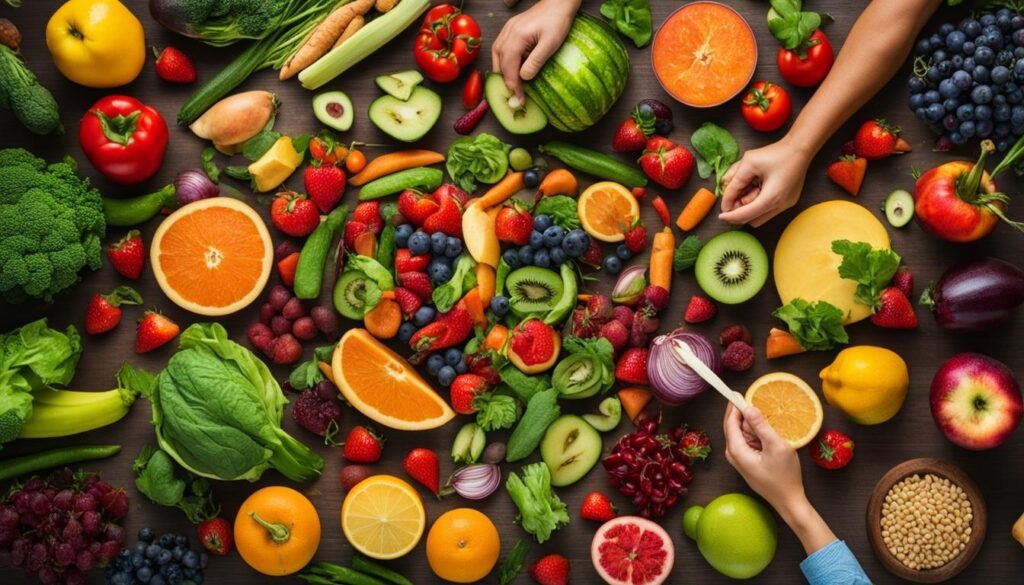
It’s easy to get caught up in the hype surrounding superfoods. Still, it’s essential to remember that a balanced, nutrient-rich diet is the foundation for good health. Incorporating a variety of fruits, vegetables, whole grains, lean proteins, and healthy fats will provide your body with the vital nutrients it needs to function at its best.
Hydration Myths: Demystifying Fluid Intake
Staying hydrated is essential for optimal health and well-being, but there are several myths and misconceptions surrounding proper fluid intake. Let’s debunk some of these myths and provide evidence-based information to help you stay properly hydrated.
The Myth of Eight Glasses a Day
Many people believe that they need to drink eight glasses of water a day to stay hydrated. However, there is no scientific evidence to support this claim. The amount of water you need to drink each day depends on several factors, such as your age, sex, activity level, and climate. A better way to determine your hydration needs is by paying attention to your body’s thirst mechanism and drinking water when you feel thirsty.
The Superiority of Sports Drinks
Sports drinks are often marketed as superior to plain water for hydration, but this is not always the case. While sports drinks can be beneficial for athletes who engage in prolonged, intense exercise, they are not necessary for most people. In fact, many sports drinks contain high amounts of added sugar and calories, which can contribute to weight gain and other health problems. For most people, plain water is the best choice for staying hydrated.
Dehydration and Exercise
It’s important to stay hydrated during exercise, but the idea that you need to drink a specific amount of water before, during, and after exercise is a myth. The amount of water you need depends on the intensity and duration of your workout, as well as your body size and sweat rate. A good rule of thumb is to drink water before and after exercise to quench your thirst and replenish lost fluids.
The Benefits of Water-rich Foods
In addition to drinking water, you can also stay hydrated by eating water-rich foods. Fruits and vegetables are excellent sources of water, as well as essential vitamins and minerals. For example, cucumbers, watermelon, and strawberries are all more than 90% water. By including these foods in your diet, you can help meet your hydration needs while also nourishing your body with important nutrients.
| Food | Water Content (%) |
|---|---|
| Cucumber | 96.7 |
| Watermelon | 91.5 |
| Strawberries | 91.0 |
| Lettuce | 95.6 |
| Broccoli | 90.7 |
Remember, staying hydrated is essential for maintaining overall health and well-being. By drinking water when you’re thirsty, choosing water-rich foods, and avoiding sugary sports drinks, you can make sure your body is properly hydrated. If you have any concerns about your hydration levels or overall health, consult a healthcare professional for personalized advice.
Conclusion
Debunking nutrition myths is crucial for anyone looking to make informed decisions about their diet. By separating fact from fiction, we can establish a solid foundation of knowledge and avoid falling prey to misleading information. Remember, incorporating healthy fats, complex carbohydrates, and protein sources into your diet is essential for overall health and wellness.
The Importance of Nutrient-Rich Foods
Vitamins and minerals play a vital role in maintaining optimal health, and while supplements may be necessary in some cases, they should never be relied upon as a substitute for a balanced diet. Consuming a variety of nutrient-rich foods is the best way to ensure that you’re meeting your nutritional needs.
The Truth About Detoxification
While detox diets and cleanses may sound appealing, they’re unnecessary and often counterproductive. The liver and kidneys are responsible for eliminating toxins from our bodies, and consuming a balanced diet rich in fruits, vegetables, and whole grains can support these natural processes.
The Importance of Hydration
Proper hydration is essential for overall health and well-being, but there’s no one-size-fits-all approach to fluid intake. It’s important to listen to your body and drink water or other fluids when you feel thirsty. Sports drinks may be beneficial for athletes engaging in rigorous physical activity, but plain water is typically the best choice for most people.
Remember, when it comes to nutrition, there’s no magic bullet or quick fix. Maintaining a healthy diet and lifestyle requires commitment, patience, and a willingness to learn. By relying on evidence-based information and consulting with healthcare professionals, we can make informed choices that support our overall health and happiness.
FAQ
What are some common nutrition myths?
Some common nutrition myths include cutting out all fats for weight loss, vilifying carbohydrates as the enemy, believing excessive protein consumption is necessary, thinking supplements are always required, and relying on detox diets for detoxification.
Are all fats bad for you?
No, not all fats are bad for you. Incorporating healthy fats into your diet is important for overall health. Healthy fats can be found in foods such as avocados, nuts, seeds, and olive oil.
Should I avoid carbohydrates for weight management?
No, you should not avoid carbohydrates entirely. Including complex carbohydrates, such as whole grains, fruits, and vegetables, in your diet is vital for energy and overall health.
How much protein do I really need?
The amount of protein you need depends on factors such as your age, gender, activity level, and overall health. It’s important to consume enough protein to support muscle growth, repair, and maintenance.
Do I need to take supplements for optimal health?
In most cases, a balanced diet can provide all the necessary vitamins and minerals for optimal health. Supplements should only be taken if recommended by a healthcare professional or registered dietitian based on your specific needs.
Do detox diets really work?
No, detox diets are not necessary for detoxification. Our bodies have a natural detoxification process, primarily carried out by the liver. Eating a balanced diet that includes plenty of fruits, vegetables, and whole foods supports this process.
Are superfoods necessary for a healthy diet?
No, superfoods are not necessary for a healthy diet. The concept of superfoods can be misleading. Instead, focus on consuming a variety of nutrient-rich foods as part of a balanced diet to ensure you’re getting a wide range of essential nutrients.
How much water should I drink in a day?
The amount of water you need to drink can vary depending on factors such as your activity level, climate, and overall health. It’s best to listen to your body’s thirst mechanism and drink enough water to stay properly hydrated. Sports drinks are not always necessary and plain water can often suffice.
Why is debunking nutrition myths important?
Debunking nutrition myths is crucial for making informed dietary choices. By understanding the science behind these misconceptions, you can avoid unnecessary restrictions, incorporate a variety of nutrient-rich foods into your diet, and improve your overall well-being.







